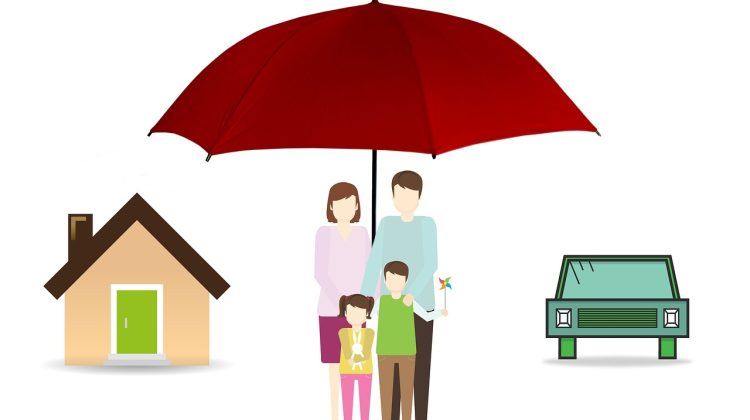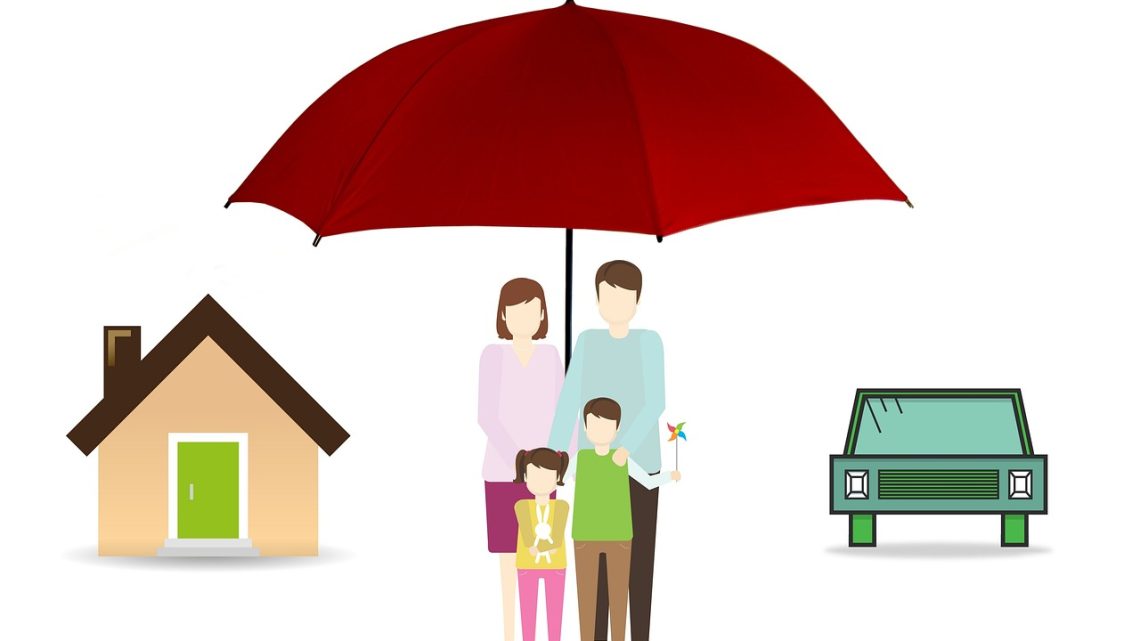Asset protection policies are rather clear cut compared to insurance policies for people who only rent houses to live in. While there may be a dearth of information on renters insurance, comparatively speaking, policies such as this can be as much of a boon to home renters as property insurance policies are to home-owners.
If you are intent on buying renters insurance, you should be aware there are two policies in general when it comes to residential insurance: the HO-4 policy applies to renters or tenants while the HO-6 is applicable to owners. Overall, both policies are designed to cover losses of personal property due to, among other causes, fire or lightning, explosions, windstorm or hail, riot or civil commotion, damage from vehicles or aircrafts, vandalism or malicious damage to property by others, natural disasters, theft and volcanic eruption.
When evaluating policies from different companies, be sure that you’re clear on the information on renters insurance that pertains to compensation for loss or theft of belongings. The insurance company will either offer the policy-holder ACV, or “actual cash value” or “replacement cost” coverage for the lost or damaged item. It’s usually a better idea to opt for replacement cost compensation as ACV is based on the present-day value of the item. As such, you might only receive $100 ACV for a 3-year old television, whereas replacement cost coverage would net you a whole new set.
Nothing ever comes for “free” though, and opting for replacement cost coverage means you will pay higher premiums in turn. Additionally, you might want to consider separate policies for expensive items like jewelry or antiques as the existing renters insurance may be insufficient to cover any losses.
Just as it is with auto insurance, insurance agencies may make it a point to take note of your address when you’re buying renters insurance. Areas that are prone to natural disasters like floods or earthquakes, as well as high incidences of crime, are a liability for insurance companies. Accordingly, residents in these areas tend to be charged higher premiums than those in “safer” areas. However, it may be possible to obtain a better deal if you’re a senior citizen or if you can show that you have taken as many safety measures as are appropriate for the home.
About the author
At the end, I’d like to share cool website with more information on topics like renters insurance advice and renters insurance agency. Visit for more details.










No Comment